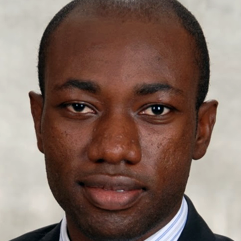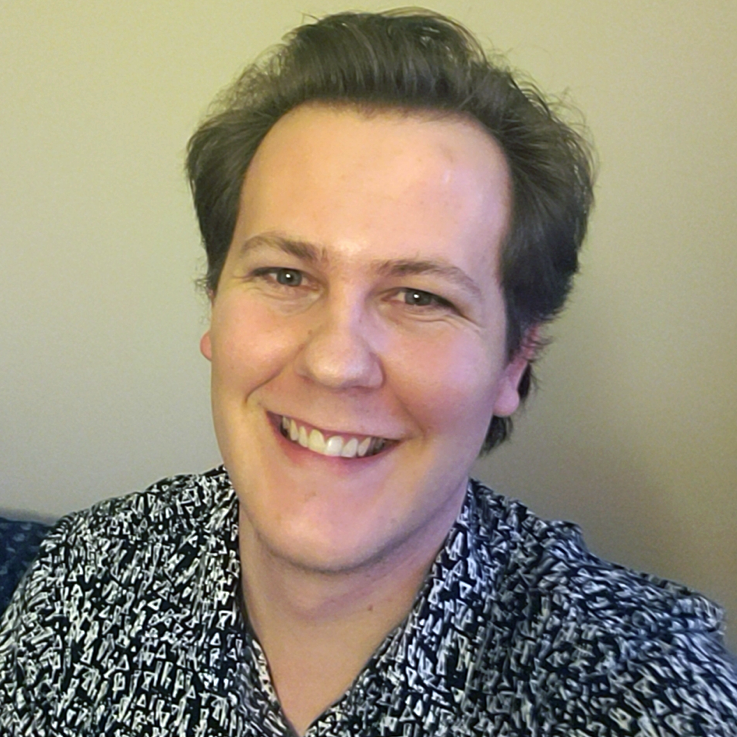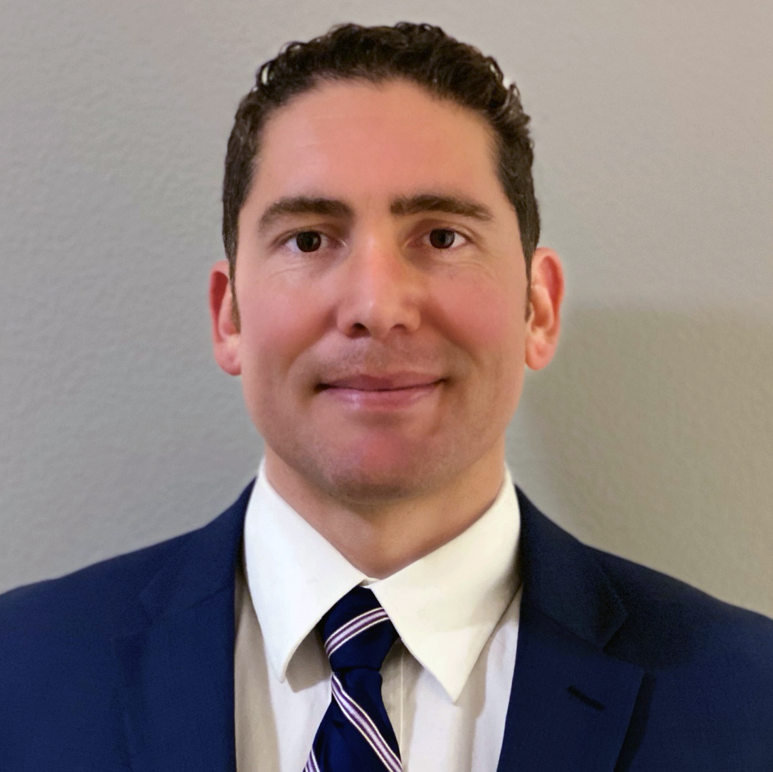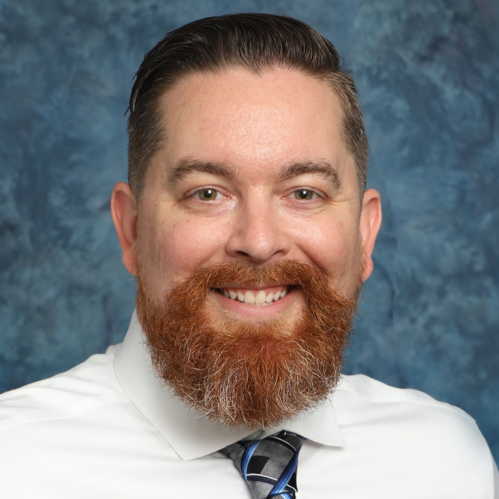 |
Barrett Allen is pursuing a PhD in Environmental Health Sciences with a concentration in Toxicology. He has a research background in cosmic radiation exposure to astronauts as well as traumatic brain injury in both juveniles and adults. His current research is based within the field of radiotherapy and the mitigation of radiation’s deleterious effects on normal tissue within the central nervous system. Specifically, he interrogates the use of ultra-high dose rate (FLASH Radiotherapy) irradiation as a novel approach to sparing normal tissue and increasing cognitive outcomes of patients. His most current research involves studying the integrity of the blood brain barrier after irradiation. |
|
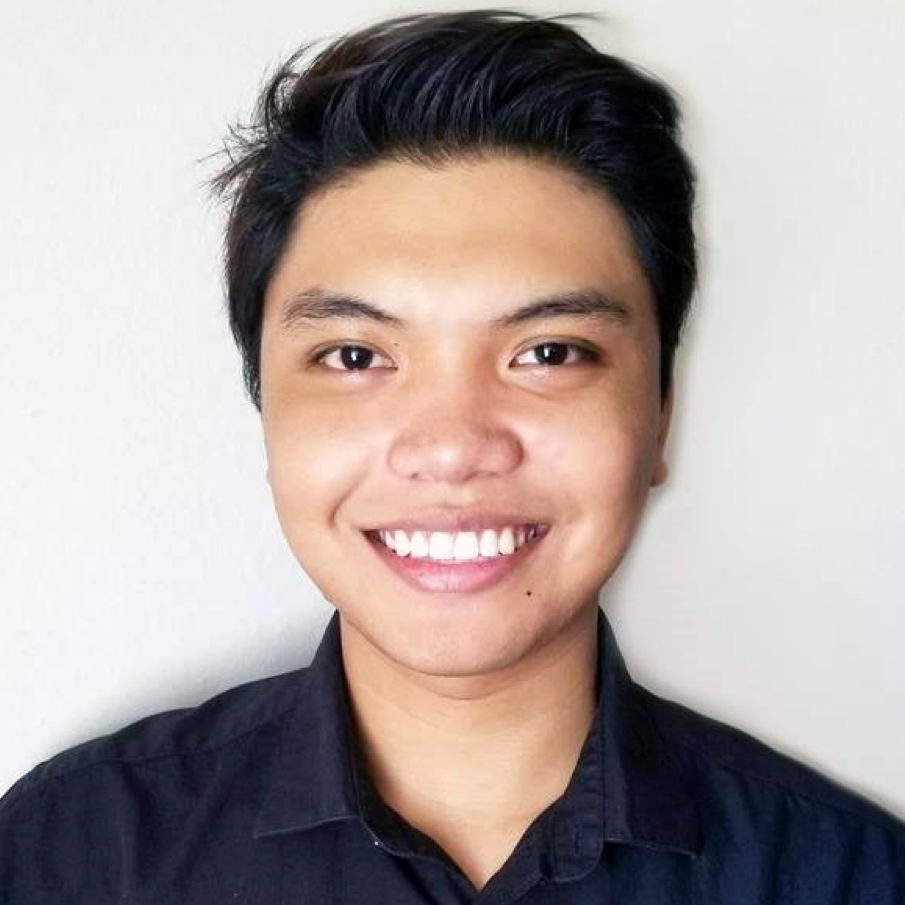 |
Jayveeritz Bautista, MS, received his BS in Chemistry and MS in Forensic Science both at UC Davis. For his Master’s thesis, he recovered and identified metal-related compounds deposited in the lungs of agricultural workers to associate particles with observed lung injuries. He also worked as a graduate student researcher for the Tobacco Control Evaluation Center in the Department of Public Health Sciences at UC Davis. As an incoming PhD student, he is interested in research on air pollution and electronic nicotine delivery devices. |
|
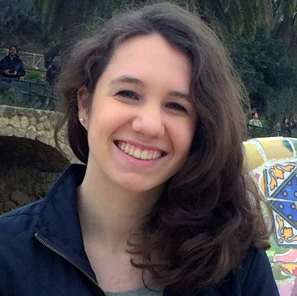 |
Olivia Drayson is a first-year student of the Environmental Health Sciences PhD program in the Environmental Toxicology track. She is joining the lab of Dr. Charles Limoli within the Radiation Oncology Department at UCI and hopes to contribute to the ongoing research on the impact of cosmic radiation on the brain. |
|
 |
David Herman is a PhD Candidate in the Air Pollution Health Effects Laboratory- Kleinman Lab. |
|
 |
Rebecca Johnson is a PhD Candidate studying health effects of particulate matter from multiple sources. |
|
 |
Jason Kilian's research focuses on elucidating the interaction between exposure to particulate matter (PM) in polluted air and the molecular pathogenesis of Alzheimer’s disease (AD) and other neuropathological diseases. In collaboration with the UCI Air Pollution Health Effects Laboratory (APHEL) and Dr. Michael Kleinman’s research team, concentrated ambient air collected in Irvine is delivered to mice expressing humanized amyloid precursor protein. Animals are tested for cognitive impairment in memory-based tasks and tissue samples are used in multiple assays to examine amyloid pathology, inflammation, neuronal degradation, and blood brain barrier integrity. Using multiple age endpoints, as well as exposure during development, we hope to determine the molecular pathways linking air pollution exposure with altered increased risk of neuropathological disease development. |
|
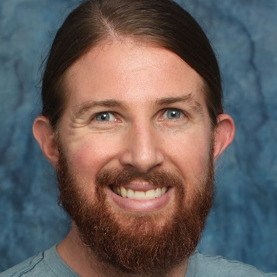 |
Ron Leavitt is studying the mechanism of extracellular vesicle-based protection from radiation-induced cognitive dysfunction following cranial radiotherapy in a mouse model. |
|
 |
Kelli Malott's interests broadly encompass the relationship between the environment and female reproductive health. Her dissertation research is focused on investigating the mechanism by which in utero exposure to the environmental pollutant and tobacco smoke component, benzo[a]pyrene destroys oocytes (eggs) in the ovary and reprograms the surviving oocytes. The number of oocytes a female is born with is the primary determinant of her reproductive lifespan, and the quality of the surviving oocytes are key factors in her offspring’s health. Her work is elucidating one piece of the puzzle of the relationship between our environment and our reproductive health across generations. Recently, she was awarded a competitive Tobacco Related Diseases Research Program fellowship to further pursue this work. Ultimately, she aims to carry on her work at the interface of our environment and female reproductive health, working within science communication to increase the implementation of evidence-base policymaking, improving the health of our communities. |
|
 |
Samantha Merwin is interested in the role of environmental exposures on the pathology of Alzheimer's disease. |
|
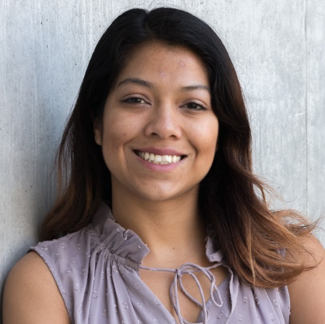 |
Jessica Monterrosa is a fourth-year PhD student in Environmental Toxicology studying the respiratory health effects of air pollution. Her research focuses on understanding how the immune cells of the lungs react to inhaled air pollutants. Using in-vitro cell culture technique, she assess how the pollutant source related to changes in macrophage cell function and oxidative stress responses. She has previously studied the effects of biofuel combustion particles and lab-generated secondary organic aerosols. Her research is housed under the Air Pollution Health Effects Lab and is jointly mentored by Dr. Rufus Edwards and Dr. Michael Kleinman. Outside of the lab, she is generally interested in science communication as a tool to address environmental justice issues. She has previously written podcast for radio as a “Loh Down on Science” Fellow and currently enjoys working with the science communication and outreach organization, The Biota Project.
|
|
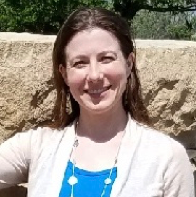 |
Marisa Chattman Nielsen is a 5th year PhD student in the Environmental Health Sciences Program at UCI. She received her B.S in Microbiology and her M.S. in Soil, Water and Environmental Science from The University of Arizona. She spent 8 years working in clinical microbiology in Boston before deciding to pursue her PhD in the Jiang Lab. Her research interests focus on the interactions between the human skin microbiome and environmental exposures, pathogen detection in the environment, and skin exposure to algal toxins in contaminated water. Her current project investigates the changes of the human skin microbiome after exposure to ocean water. Her research aims to give more insight into the delicate balance between healthy skin and skin infections and to provide information to help protect people as they continue to enjoy our natural waters. In her free time, she likes to play dodgeball and softball, run Spartan races and spend time traveling, relaxing and exploring SoCal with her husband and two-year-old son. |
|
 |
Sarah Smith is interested in irradiation- and chemotherapy-induced neurocognitive dysfunction and potential stem cell-based therapies. |
|
 |
Nicole Chmielewski Stivers is interested in sex-specific mechanisms of chemotherapy-induced toxicity in non-cancerous tissue. |
|
 |
Yi Sun is a PhD student in the Exposure Sciences and Environmental Epidemiology Track of the EHS program. Her research focuses mainly on the association between green space, air pollution and pregnancy outcomes, including the exposure assessment, health impacts, and their pathways. |
|
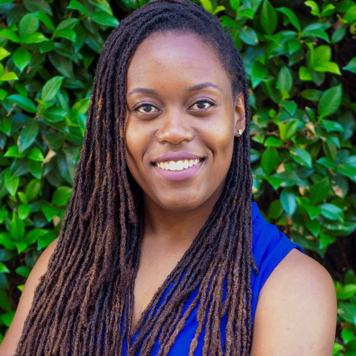 |
Janielle Vidal is currently studying how environmentally relevant levels of Cu might disrupt the balance of bacterial communities in the gut in a knock-in mouse model of AD. Preliminary studies indicate that gut microbiota of AD model mice is less resilient to the effects of Cu. Further work is ongoing to elucidate the effects on AD pathology. Next Generation Sequencing has allowed for an unprecedented investigation into the microbiome's role in health and disease. We have now linked the microbiome to many diseases and disorders such as obesity, Type II Diabetes and Parkinson's Disease. The gut microbiome, in particular, plays an important role in the training and maintenance of host immunity. However, the microbial composition is subject to host genetics and homeostasis, as well as extrinsic factors such as diet and oral environmental contaminants. Exposure to inorganic copper(Cu) has been implicated in Alzheimer's Disease(AD) but the exact mechanism of its contributions to pathology is uncertain. Cu is a known antimicrobial and the most common route of exposure is ingestion. |

